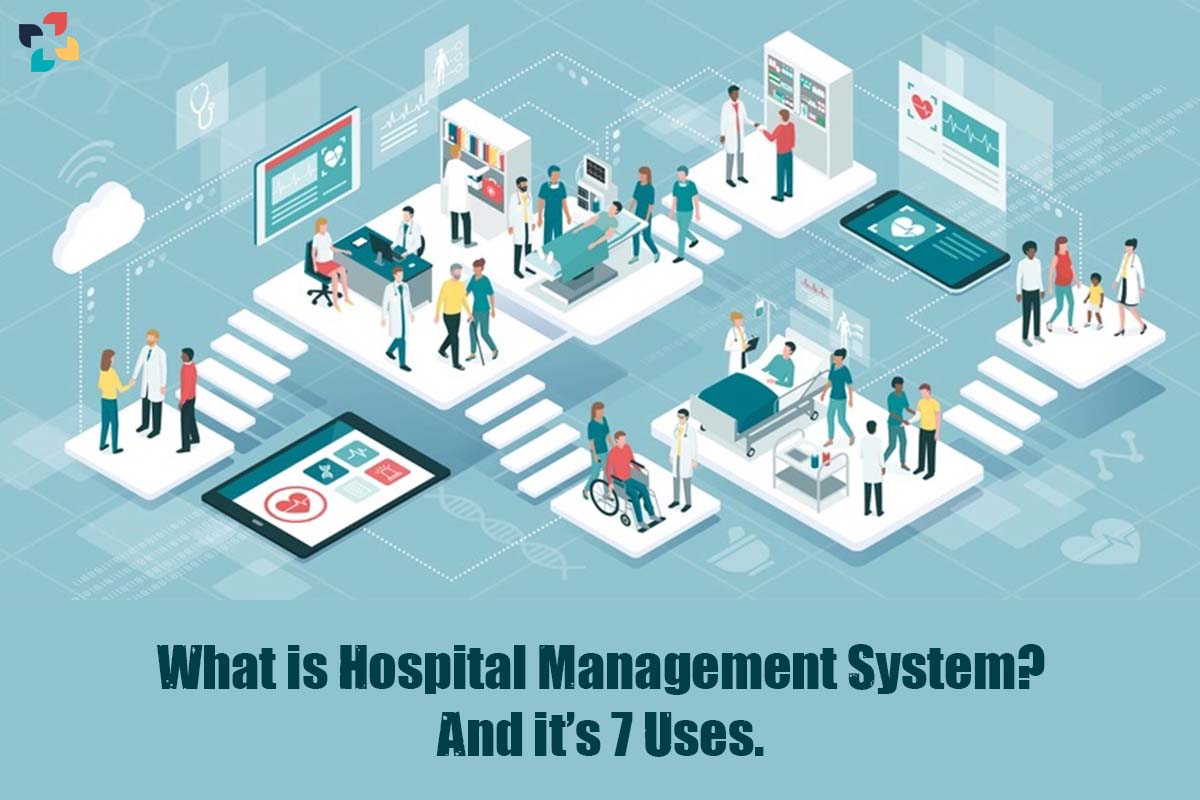A Uses of Hospital Management System is a kind of computer system that assists medical professionals in doing their jobs more efficiently and effectively while also managing the information that is associated with the provision of medical treatment.
A hospital’s information and procedures may be found on a single platform thanks to the Uses of Hospital Management System, which puts them all together. It gives you a comprehensive and unified picture of everything you need to manage, including patients, physicians, inventory, appointments, billing information, money, and a great deal more.
The program swiftly develops a very effective procedure that is also highly efficient on its own. As a result, hospitals are able to offer high-quality service in addition to providing competent medical treatment.
Here are 7 Uses of Hospital Management System;
1. Appointment Management
Appointment widgets will be included in hospitals’ existing websites if the hospitals have their own websites. Uses of Hospital Management System, Patients who go to the website of the hospital have the ability to schedule online appointments easily.

2. Billing Management
Integrated Billing for Treatments, Laboratories, and Imaging Services On the occasion of Discount Authorization, alerts will be sent out. Uses of Hospital Management System, Automatic collection of overdue amounts, and the ability to charge both before and after the consultation?
3. Prescription Management
Take care of drugs that are taken often and just lately. The choice to display drugs that are currently stocked at the pharmacy. SMS prescriptions to Patients.
4. Discharge Summary
Discharge Summary that is Based on a Template Integration with the ICD10 What is Hospital Management System. Option to delay the closing of the IP bill until the discharge summary has been completed.

5. Administration of the Operating Theater
Customers might be given the option of receiving automated notifications about test results. Lab alerts, such as emails and text messages, on the results of tests, are sent through the Automated Lab notification module.
6. Revenue management
A medical facility or hospital is there to serve the general population. Aside from What is Hospital Management System, making a profit is a primary objective since it is still regarded to be a company. Because it takes a lot of money to run a hospital, one of the most important aspects is the management of the revenue there.
Uses of Hospital Management System, it is impossible to keep track of the same item using the manual technique that has been around for decades. An automated HMS that is tailored to the requirements of the company may be of assistance in finding an effective solution to the problem.
It offers management and transactional reports that are accurate and quick to generate, which gives a clear picture of how well your company is doing. Who is responsible for the debts and interests, as well as the overdue bills and amounts?
In addition to that, there is a reduction in operating costs as a direct result of genuine operational efficacy. There is no longer a need for a greater number of personnel to oversee business operations when procedures and What is Hospital Management System are automated. It indicates that the speedier break-even point and greater return on investment may be readily attained.
7. Lab Management
Complete order administration, custom reports, smart notifications, credit settlement, extensive MIS reports, analytics, and an app for phlebotomists are all handled by Comprehensive Lab Management.

BOTTOM LINE
The developments that have been made in information technology in recent years have been significant, and there has been a revolutionary transformation, in particular in the management and automation systems used in hospitals. In addition to managing the routine operating staff that is created by What is Hospital Management System, they also offer information management systems that are both intelligent and accurate.
In Uses of Hospital Management System, creates an environment that is more conducive to greater communication among patients, physicians, hospital personnel, and other organizations responsible for managing workflows. The fact that the portal solutions are able to integrate legal objects and applications from different portals and also handle a large number of user requests leads to an uncontrolled flow of information between patients, physicians, and staff.







